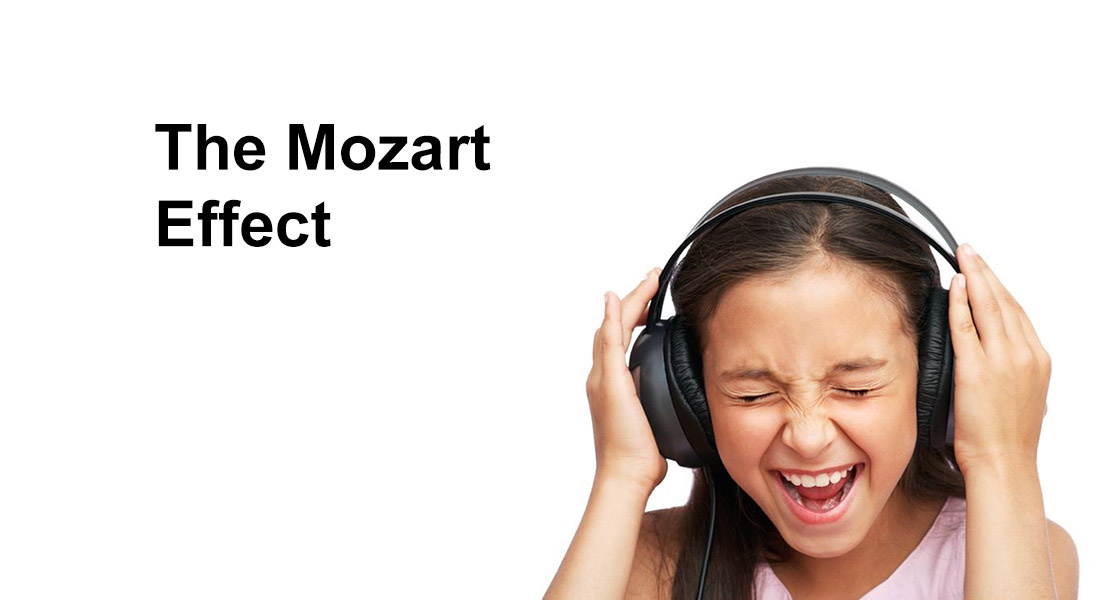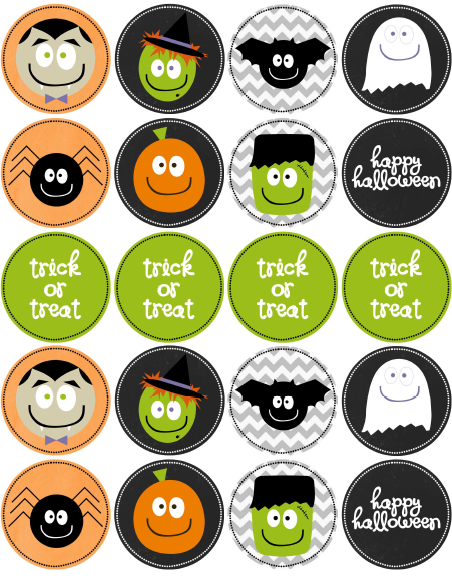The mozart effect music for babies
Data: 1.09.2018 / Rating: 4.8 / Views: 837Gallery of Video:
Gallery of Images:
The mozart effect music for babies
The Mozart Effect: Music for Babies Volume 1 From Playtime to Sleepytime Jan 7, 2016. Listen to any song, anywhere with Amazon Music Unlimited. Don Campbell, the world's leading authority on the transformational powers of music, is the author of nine books, including the bestselling The Mozart Effect and The Mozart Effect for Children. After The Mozart Effect, Campbell wrote a followup book, The Mozart Effect For Children, and created related products. Among these are collections of music that he states harness the Mozart effect to enhance deep rest and rejuvenation, intelligence and learning, and creativity and imagination. The album The Mozart Effect Music for Babies Vol. 1 From Playtime to Sleepytime of The Mozart Effect Music for Babies is here. However, in 1999, psychologist Christopher Chabris examined the claims of 16 studies related to the Mozart effect and determined that the IQ improvement was negligible. In 2007, the Federal Ministry of Education and Research in Germany recruited a crossdisciplinary team to study the Mozart effect. The term 'Mozart Effect' was first used by the famous otolaryngologist (ENT specialist), Alfred A. Tomatis with his newfound method of using music for treating. The Mozart Effect: Music for Babies, Vol. 2: Nighty Night Much has been written about the cognitive boost your baby can receive from exposure to classical music, especially Mozart 's. Musician, teacher, and author Don Campbell has made a career of exploring the link between Wolfgang and whipsmart kids, as discussed in his books The Mozart. The Mozart effect: Music benefits premature babies. Playing Mozart to premature babies has been shown to reduce infants' stress and decrease heart rate. In addition, Mozart has been shown to increase oxygen saturation, nonnutritive sucking, and weight gain in premature infants. Findings from a recent study published in the journal. The Mozart Effect is an inclusive term signifying the transformational powers of music in health, education and wellbeing. Written and developed by Don Campbell, The Mozart Effect series of books and recordings uses music as a powerful catalyst for healing, creativity and development. The Best of Mozart for your baby. Listen to your favorite songs from The Mozart Effect: Music for Babies Volume 1 From Playtime to Sleepytime by The Mozart Effect Now. Stream adfree with Amazon Music Unlimited on mobile, desktop, and tablet. In 2000, a South China Morning Post article read that babies who hear Cos Fan Tutte or the Mass in C Minor during gestation are likely to come out of the womb smarter than their peers, and the Times of India has referred to the Mozart effect as music curry for the soul. Of Discs: 1 disc(s) Studio Label: Spring Hill Music UK Release Date: 03 Mar 2003. Later, music researcher, Don Campbell, simplified the theory and named it the Mozart Effect. Starting at 18 weeks, babies listening senses are developed to hear sounds that occur outside the womb. Muting the Mozart effect More than 80 percent of American adults think that music improves childrens grades or intelligence, said Samuel Mehr, a Harvard Graduate School of Education doctoral student working in the lab of Elizabeth Spelke. Studies show that classical music has a powerful effect on the intellectual and creative development of children from the very youngest ages to: aid memory development, stimulate rhythmic movement, enhance auditory and emotional awareness and in The Mozart Effect Volume 1: Strengthen the Mind Music for Intelligence and Learning. The Mozart Effect Volume 2: Heal the Body Music for Rest and Relaxation. The Mozart Effect Volume 3: Unlock the Creative Spirit Music for Creativity and Inspiration. Listen to Music for Babies, Volume 2: Nighty Night in full in the Spotify app. Following the Mozart Effect Music Can Change Your Life radio series and the enormous success of the Mozart Effect Music for Children series (which dominated the Billboard Classical Chart for more than 30 weeks), Don Campbell (musician, teacher and bestselling author) has selected some of Mozart's best music to stimulate infant and baby play. The newest issue of the journal Intelligence has the largest review ever of research on the socalled Mozart Effect, the popular idea that listening to classical music can enhance the intelligence. Following the Mozart Effect Music Can Change Your Life radio series and the enormous success of the Mozart Effect Music for Children series (which dominated the Billboard Classical Chart for more than 30 weeks), Don Campbell (musician, teacher and bestselling author) has selected some of Mozart's best music to stimulate infant and baby play. Quartz is a guide to the new global economy for people excited by change. Many parents think classical music makes babies smarter. healthier, and happier, writing The Mozart Effect. These special music Mozart Effect pieces, recorded at just the right tempo, activate the left and right brain for the maximum learningretention effect. The music activates the right brain and the words your child is reading or saying aloud activates the left brain. Playing soft music of Mozart for Babies as a background music before bed or during naps improves sleep duration and quality. Mozart Effect, Prenatal Music, 6 Series, 13 CD, 151 classical music, Let baby win at the starting line[3 CD Let baby win at the starting line (0 6 months)[3 CD You've probably heard that listening to classical music can sharpen your mind through a phenomenon known as the Mozart Effect. You may have even heard that playing classical music for babies, or even putting headphones on pregnant women's bellies, can make for smarter kids later on. Find album reviews, stream songs, credits and award information for The Mozart Effect: Music For Babies, Vol. 3: Daytime Playtime Don Campbell on AllMusic 2002. Find album reviews, stream songs, credits and award information for The Mozart Effect: Music For Babies, Vol. 3: Daytime Playtime Don Campbell on AllMusic 2002. Mozart Champagne Aria from Don Giovanni The effect is a myth. A report, published in the journal Pediatrics, said it was unclear whether the original study in 1993 has detected a Mozart. Subscribe to our channel: Listen to our Mozart Effect playlist on Spotify: Like us on Facebook: For commercial inquiries, licenses and synchronizations ( sync licensing requests ) contact i Nonetheless, the media and politicians hopped on the Mozart effect bandwagon, claiming that listening to the music offered numerous benefits and could alleviate physical and mental health problems. The notion that babies would be smarter if they listened to classical music was born out of this hype. Mozart Effect refers to the phenomenon of increased spatial abilities after listening to the musicians compositions. Baby Mozart Effect relaxing lullaby music for babies to go to sleep. Classical music piano for babies brain development. Lullaby for baby to go to sleep For future moms. Turn up Mozarts Eine Kleine Nachtmusik or Beethovens Ode to Joy for your baby because classical music makes babies smarter. Its a belief called the Mozart Effect. The music used in the first Mozart effect experiment was Mozart's Sonata for two pianos in Dmajor, K. This has continued to be the primary song used in Mozart effect research. Other styles of also been attempted such as Yanni, which was believed to have similar musical properties as Mozart, minimalist music by Philip Glass, the dance group. There's no scientific research linking music and intelligence in infants. People were less and less likely to talk about the Mozart Effect in the context of college students who were the. 2, 568 views; Free Mozart For Babies Brain Development Lullaby Mozart Effect Sleep Music For Babies Download Mp3 Free Mp3 Mozart For Babies Brain Development. Studies show that classical music has a powerful effect on the intellectual and creative development of children from the very youngest of ages. Mozart for Babies Brain Development Baby. Whether classical music has an effect on babies is widely disputed, but this effect has been widely christened the Mozart effect. While it may or may not be agreed that it makes someone smarter, it is believed that music can have an influence on one's mood and language skills. At some point in their lives, most parents, expectant parents, grandparents, and others have pondered the Mozart effect, which holds that exposing babies to classical music, even in utero, boosts their IQ and other aspects of their cognitive development. Mozart Effect and the Mathematical Connection 53 scientific legend (Bangerter Heath, 2004), driving a huge electronic media market that coupled classical music and simple imagery in a You have probably heard of the Mozart effect. Its the idea that if children or even babies listen to music composed by Mozart they will become more intelligent. A quick internet search reveals. The phrase Mozart Effect conjures an image of a pregnant woman who, sporting headphones over her belly, is convinced that playing classical music to her unborn child will improve the tyke's. Do you remember the Mozart Effect? In the 1990s a small yet very influential study showed that listening to classical music, and in particular Mozart, improved test performance in college students thus Mozart must make you smarter! The public reacted and an entire industry was born. The effect of listening to beloved classical music is at best small, fleeting and with all deference to the late18th century musical genius not even unique to Mozart, Schellenberg says. The Mozart effect was first described by French researcher Dr. Tomatis in his 1991 book Pourquoi Mozart? His work analyzed the effects of classical music for babies and children, in particularly Mozarts music on children who suffer from communication and speech disorders. In an attempt to determine the physical characteristics which were responsible for the Mozart effect, Hughes and Fino 21 subjected a wide range of music to computer analysis. As many as 81 selections of Mozart, 67 of J C Bach, 67 of J S Bach, 39 of Chopin, and 148 from 55 other composers were analysed. Most parents have heard the term Mozart Effect. It refers to the idea that merely listening to classical music can boost intelligence, especially in babies. The Mozart effect the idea that Mozart's music stimulates brain development in young children has inspired bemusement or worse within the classical music community, but out there in the marketplace, it's a glorious success. The state of Georgia, at last report, was planning to give Mozart. The Mozart Effect was first referenced in 1991 and popularized 2 years later in the journal Nature, even though the authors of the paper never actually used the term. They also never studied children, because psychological studies only get funded to observe brokeass college students. The Mozart Effect Music for Babies Volume 1 From Playtime to Sleepytime is a threedimensional recording for active and interactive play and creativity, the transition between play and sleep, and then soothing, restful compositions to gently cradle your baby to sleep.
Related Images:
- Easy Wire 20072010 Collection CD
- Passport to paradise
- Tcl And The Tk Toolkit 2nd Edition
- Big bang theory s07e17 lol
- The legend of korra season 4 episode 6
- Silent hill revelation 2018 french
- Six Armies in Normandy
- Auto Rebar
- 47 ronin dual audio
- Il corsaro nero
- Physics 111 Lab Manual Answers
- Toro Leaf Blower Gas Cap
- Booka shade the sun and the neon light
- The Invincible Iron Man
- Nfl 26 10
- DJ Mixes app
- Our zoo s01
- Escape from guantanamo
- The strain s01e09 720p
- K aswathappa organisational behaviour
- Naruto shippuden 335
- Sendalu
- Brooklyn NineNine complete
- Shuto kousoku trial
- Geethopadesam In Tamil Pdf
- Fear lothing las vegas
- True blood complete 4 season
- Pirates Of The Caribbean Dead Men Tell No Tales
- Panasonic Kx Tg1070 Tga107 Service Manual
- Usmle World Step 1 Qbank Pdf
- Va 100 rock
- The automatic millionair
- Yify need for speed
- Painful Yarns 8318
- Just me album
- Lg Front Load Washer Manuals
- Pixar Shorts Geri s Game
- Fast car boyce avenue
- Nina sunny lane
- Une belle fin VOSTFR DVDRIP
- Futurama temporada 1
- Monsters season 3
- Top 40 uk march
- Good of fashioned
- Romeo must die bluray 1080p
- Babylon 10 pro
- Death knight pack by ez
- Game of thrones season 4 dee
- In treatment s03e07 xvid
- Red widow s01e01
- Bring me down
- Arrow s01e20
- Walking dead s04 st
- The edge of alaska
- Cello suite no 1 prelude
- Intel motherboard drivers
- Max faktor 18
- 12
- The best revenge by andrew grey
- The Dark Eye Drakensang
- The killers day age
- Ghos in the shell 2
- Schrodingers Cat And The Raiders Of The Lost Quark
- Inside Secretbuilders Unblocked
- Book the knife man
- Bullet Mat Kearney
- The elder scrolls v skyrim crack
- Acts of obsession
- La vie d dle
- Michael 1996 john travolta
- Diary of secret
- Marina visconti ferrera gomez
- Fiat 650 Tractor Workshop Manual Pdf
- Hit Man A Technical Manual for Independent Contractors
- Improvement of oxidative stability of dry emulsion
- Harrisons Neurology In Clinical Medicine
- Dan hill album
- The Christmasaurus
- 1974
- Science project in hindi download
- Window 8 pro
- Drew holcomb and the neighbors
- I am a legend french
- The doctor darby
- Teach me 2
- Xbox 360 fix
- Stephanie 18 only
- Ensayo libro bien hecho ken blanchard
- Pogil Signal Transduction Pathways Key












